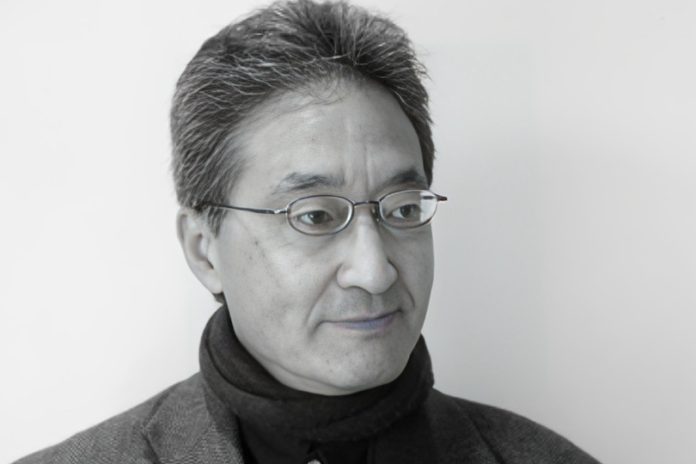Hidemi Suganami studied International Relations at Tokyo, Aberystwyth, and London Universities. His first academic appointment was at Keele University in 1975, where he later became Professor of the Philosophy of International Relations. In 2004, he moved to Aberystwyth, where currently he is Emeritus Professor of International Politics. His publications include: The Domestic Analogy and World Order Proposals (CUP 1989); On the Causes of War (Clarendon Press 1996); and, with Andrew Linklater, The English School of International Relations (CUP 2006). Over a number of years, he has been studying philosophical issues surrounding causation and causal explanation in International Relations.
Where do you see the most exciting research/debates happening in your field?
With respect to the subject-matters of substantive empirical research, it may plausibly be argued that some are ‘more exciting’ (‘relevant’, in need of urgent attention) than others in IR at the current juncture of world politics. For example, challenges of the climate catastrophe, ever-intensifying global economic inequalities, refugees and migration, xenophobic populism, terrorism, violence against women in conflict zones, to name but a few.
However, with respect to where Adam Humphreys and I, specifically as the co-authors of the book, Causal Inquiry in International Relations, see most exciting research/debates happening in our field, the answer needs to be given in relation to what we see as having happened in the relevant literature – on (meta)theory and methodology of IR – for the past several decades.
One notable feature of IR as an academic discipline is its familiar tendency to give an account of its evolution through a series of ‘great debates’. However, these ‘debates’ have tended to produce more heat than light and the discipline is often characterized as ‘divided’. Some see the divisions as fundamental.
Consider, for example, Bull’s contrast between ‘traditional’ and ‘scientific’ approaches, often misleadingly equated with the difference between ‘qualitative’ and ‘quantitative’ methods; Hollis and Smith’s contrast between those who seek ‘explanation’ and those who explore ‘understanding’, or Wendt’s distinction between ‘causal explanation’ and ‘constitutive explanation’; and the so-called ‘third debate’, which is said to be between ‘positivists’ and ‘post-positivists’, or between ‘rationalists’ and ‘reflectivists’. There have also been important attempts to overcome such divisions, for example, by ‘broadening and deepening’ the concept of causation (as found in Milja Kurki’s Causation in International Relations) or to reduce the inter-factional intolerance by drawing attention to the irreconcilable, yet supposedly equally legitimate, philosophical foundations on which contending approaches are claimed to be built (as found in Patrick Jackson’s The Conduct of Inquiry in International Relations and also in the conclusions of Kurki’s book).




